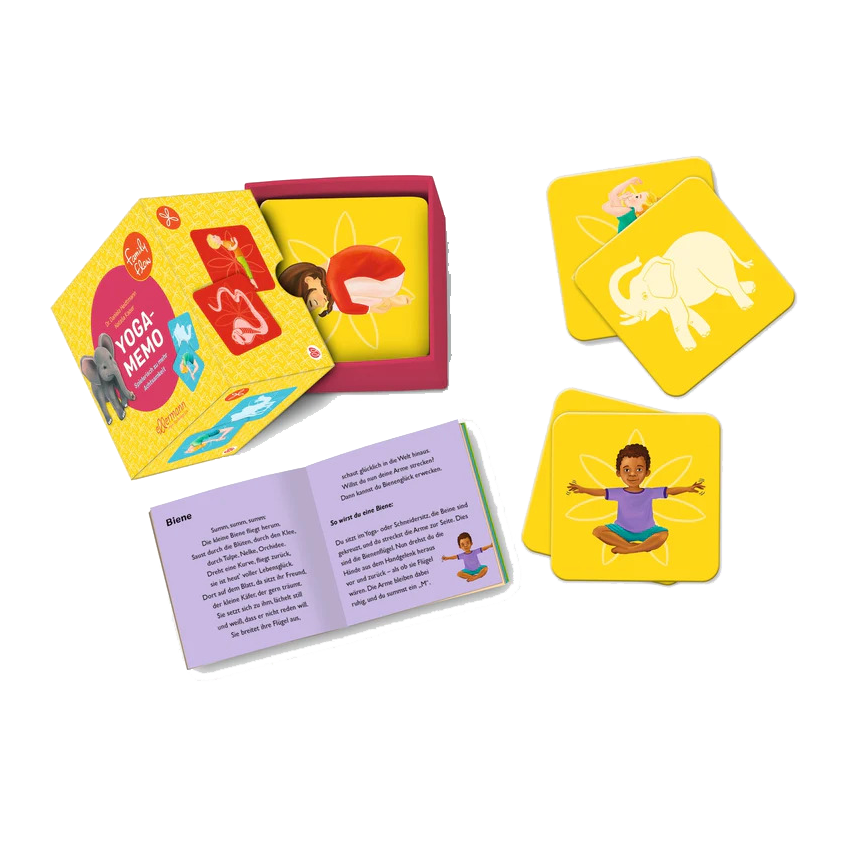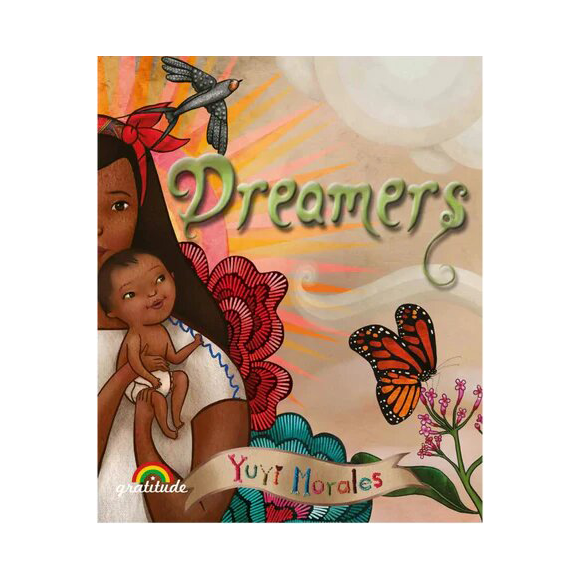NOT ALL CLASSROOMS LOOK THE SAME
THAT’S WHY WE WANT TO HELP
MAKE EVERY CHILD Feel INCLUDED
For our children, daycare centers are often their first contact with society as a whole. For the first time, they move outside the safety of their own family universe, are given new caregivers and belong to a new group in which different rules may apply than at home. Here they learn what place the world ascribes to them ("secret education").
Daycare centers are places where discrimination takes place on a daily basis. Various forms of discrimination are reproduced, experienced and observed here, and children learn how to deal with them.
Educators have a special responsibility in this context. However, educators are usually faced with a mammoth task that they do not (yet) feel up to and that they have to cope with in addition to their chronic overload.
That's why we have put together this hand-curated box set of books, dolls and craft materials, which gives diversity in Germany many faces and provides opportunities for discussion.
Your Kita benefits from …
SiGn uP FOR YOUR CHANCE
to ReCEIVE A BOX-SET
Enter your details here and you could be one of the 1000 Kitas in Germany to receive your handpicked Box-Sets!
everyday Superheroes
WE see you!
Every day, thousands of educators take on the enormous responsibility of lovingly caring for all our children. And they do this even under the most difficult conditions, when the world is hurting and some people in positions of power want to forbid it.
You are our superheroes! We see you, we respect you and we thank you for your incredibly important work, now more than ever!
We asked the hundreds of campaign kitas to tell us more about their daily realities and the children they care for. Here's what they said:
centers from all 16 federal states have applied! They all want a diverse range of books and play materials.
500 Kitas
of Kitas that applied state more than half of all children in their Kita have a migration background.
74%
of the Kitas centers surveyed in problem areas do not have a variety of books and play materials.
36 %
Kita stories
Do you want to be featured here? Then please share your experience on topics of diversity in your Kita and how the the 1000-Kitas-Kampagne Vielfalts-Paket brings value to your work with children. Write us a mail hallo[at]1000-Kitas-Kampagne.de.
Coordinator, Children and Family Centre in Saxony
“
“
By promoting multilingualism and consciously integrating different cultural backgrounds, we create an environment in which children learn from an early age to see differences as an enrichment. Especially after the results of the state elections in Saxony, we would like to emphasize that we will continue to be firmly committed to inclusive education.
Social worker, at a Thuringian Kita
“
“
Our integrative Kita lives the heart of inclusion. The election results are shocking. We will continue to actively join forces and work for equal opportunities, compassion, humanity and peaceful coexistence.
Kita manager from Brandenburg
“
“
If you now vote for the AfD after all their misanthropic statements and actions, then you are consciously strengthening right-wing radicals. This is no longer a protest vote, this is knowingly supporting fascists. We as a daycare center are the first instance to support and promote equality, compassion and diversity in educational terms and this must also be consistently practiced in schools. Because if we continue to lose young people to the right on such a massive scale, we will soon lose everything that our democracy stands for.



























